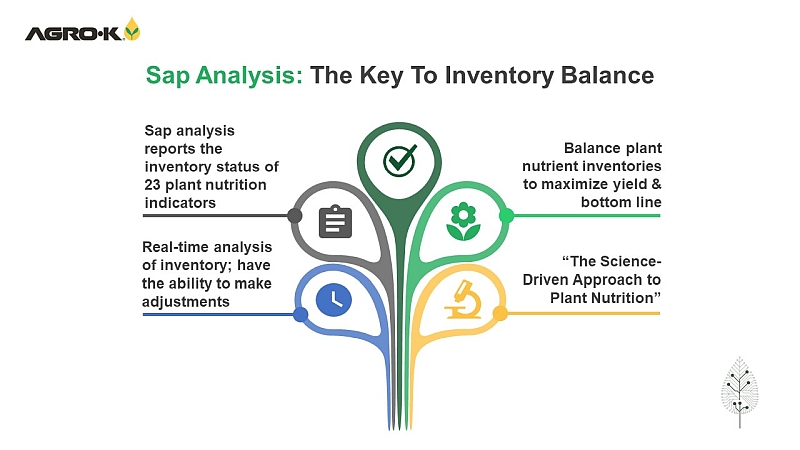How To Encourage Interest In Farming
Some of you may have heard of FarmVille, an interactive online game that was created by a company called Zynga and is played by many members of Facebook. FarmVille allows you to grow plants in a virtual field, starting with seed selection and going right up to the proper time for harvesting. You start with an empty plot, and pay to have the land plowed. Then you select seeds based on how long they’re going to grow, and how much land you have available. You can also play with or against Facebook “friends” and buy seeds from them. If you keep up with it, you’ll have a working farm in no time.
More than 63 million people play FarmVille each month, according to the company’s vice president and general manager, Bill Mooney, making it one of the most popular online games of all time. Along the way, it has not only become a Web sensation; it has also provided at least some understanding to the general public of the trials and tribulations involved in farming.
Unlike those of you in the real world, these virtual farmers do not have to worry about things like weather, food safety outbreaks, or labor shortages. (Wow, that would be the life, wouldn’t it? One can only dream.) If they did, the game would start to become a lot more challenging.
Cyber Education
You would think that with this growing interest in farming (along with the new world of social networking), there might be an opportunity to promote even more education on how fruit is grown, and how it gets from the field to the table. Fortunately, there are several examples of this happening right now, some of which you may be able to take advantage of.
One group that is actively involved in “cyber education” of farming is the Florida Department of Citrus (FDOC). The group is active on both Facebook and Twitter, and can send out messages concerning Florida orange juice and grapefruit in an instant. But there are additional benefits outside of simple marketing. During the freeze that hit Florida agriculture hard in January, FDOC was able to inform not just its affiliates, but all consumers, on the status of the state’s citrus crop.
FDOC has also gotten involved in the gaming world as well. Its “Straws” game launched last fall is a partnership with Game Show Network, and it is now available for download as an iPhone app through iTunes.
Another example of a tool for farming education is something that all of you can use: YouTube. What better way to make people aware of the life of a grower than by taking a camera out in the field, walking viewers through your orchard, and showing them how you scout for pests, how to prune, and how to know when an apple should be picked? You can also use YouTube to promote events at your farm. And the best part is there’s no cost to you (other than making sure you have a video camera available).
USDA has even gotten in on the act with its “Know Your Farmer, Know Your Food” program. The mission of this program, as stated on its website, is “to create new economic opportunities by better connecting consumers with local producers. It is also the start of a national conversation about the importance of understanding where your food comes from and how it gets to your plate. Today, there is too much distance between average Americans and their farmers, and we are marshalling resources from across USDA to help create the link between local production and local consumption.”
Try It Yourself
When it comes down to it, all of these educational efforts can serve two basic purposes: to inform people of where their food comes from, and to give them an idea of the real issues growers are facing today. In today’s fast-paced world, where people have shorter attention spans than ever, social networking might be the best tool you have to communicate this message.
Getting back to FarmVille, why not try it yourself? Start your own farm online, and compare your ability to grow with someone else — preferably someone who’s not involved in the actual world of farming. Then, you can tell them what they’re missing. You just might give them an understanding of what growing fruit is all about. Or, at the very least, you’ll have a chance to get away from the reality of disease, insects, weeds, etc. As I said earlier, one can dream, can’t they?










